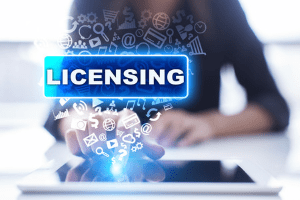
Whether you’re solely online, offline, or a combination of the two, if you’ve developed a profitable business system, it may make sense to license it to others to create extra streams of income.
It’s easiest to do with a business that’s primarily offline in the “real” world. Because entrepreneurs in other geographic locations that don’t compete with you would be interested in learning how to replicate your success in their hometowns.
However, you can also license proven e-commerce business systems to others, even though the Web is global, without creating direct competitors.
For example, your venture may focus on English-speaking customers. If so, there’s opportunity to license your system to entrepreneurs targeting those who primarily speak Mandarin Chinese, Hindi, Spanish, etc. Yes, there will be some overlap with multilingual customers but chances are it won’t outweigh the upside potential of licensing your system.
Of course, it’s important to distinguish licensing a business system from franchising. Because franchising laws and regulations are onerous and often expensive to comply with.
And you don’t want to get categorized as someone selling business opportunities, particularly to newbies, unemployed, the elderly, and other demographics that consumer protection laws are designed to protect from being preyed upon.
If you’d like Business & Technology Lawyer Mike Young’s help in preparing a business system licensing agreement that’s right for your venture, the first step is to set up a phone consultation with him.
